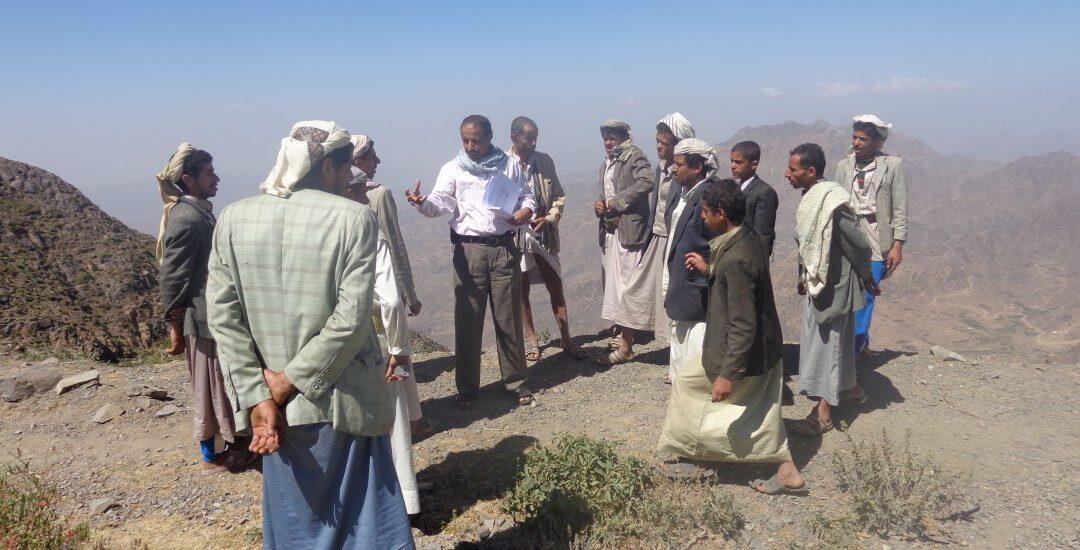What do conservationists do when they can’t do surveys, can’t implement grass-root activities, can’t meet with local people or government representatives to talk about environmental issues and policies? What if a country is being bombed, tanks are rolling through the streets, and it’s not even clear who the government is?
This story can be read as an annex to the latest BirdLife -The Magazine’s ‘War issue’
Civil society in Yemen
Yemen is one of the 15 countries that are included in the Eastern Afromontane hotspot. When the Critical Ecosystem Partnership Fund (CEPF) started investing in this hotspot in 2012, the Regional Implementation Team, led by BirdLife International, had great plans to support Civil Society Organisations (CSOs) in the country. Within the Arabian Peninsula, civil society in Yemen was reasonably well developed, though capacities were low. To ensure the CEPF investment would be most effective, the RIT issued a training needs assessment for environmental CSOs in Yemen (Enviromatics, 2014).
Unfortunately since 2015, the unrest in Yemen reached such dramatic proportions that building on this capacity assessment with targeted training programmes in Yemen, and funding the implementation of actual conservation projects on the ground, became impossible. CEPF and the RIT then decided to do something different. “If the support can’t go to Yemen, let the Yemenis come to the support.”
Let’s meet in Amman
A Jordan-based organisation, Sustainable Development for Agricultural Resources (SDAR), recognized the need to continue developing the capacities of Yemeni CSOs. With CEPF funding, they invited a group of 23 Yemeni conservationists to come to Amman (Jordan) and trained them in (1) applying and monitoring environmental safeguards, and (2) mainstreaming biodiversity conservation priorities in environmental and economic development policies and plans. All training and other information is available onwww.eiay.org.
During these two training exercises, SDAR and the trainees noted that the Yemeni environmental CSOs shared many interests, needs and plans to address environmental causes, and thus the realization grew that they would all benefit enormously from working together. As a result, a new network was established, including a Facebook group and an email group to share information, stories, case studies from the region, best practice advice, and opportunities for funding and training. As part of the project, the team also translated the “Institutional Fundraising for Conservation Projects” manual into Arabic.
Ready for later
The group already includes more than 30 people, representing several CSOs in Yemen, and is being organized and managed by Yemeni experts. Some of the most active discussions relate to increased hunting/shooting threats to the survival of the Arabian Leopard, and to the impacts of war on people and biodiversity. The network provides a cost-effective, and most critically a safe means to stay active on the ‘conservation scene’ in a country that is still suffering severely from military conflict. The group is keeping the momentum, stays informed and motivated, and is ready to continue with practical action when the situation allows it.
Their message is: “We now speak in one voice to protect our environment, despite the current political unrest”. Our message is: we are right behind you.
Source: Birdlife











